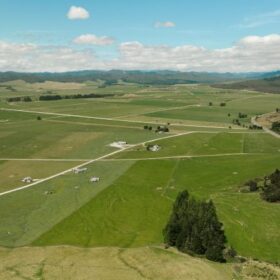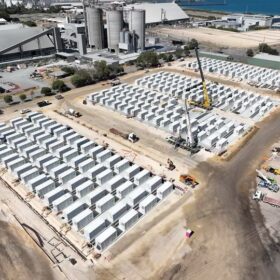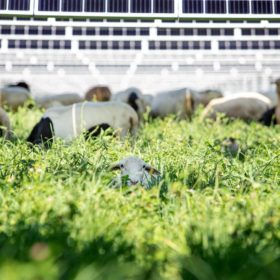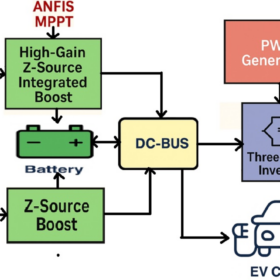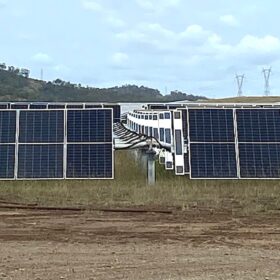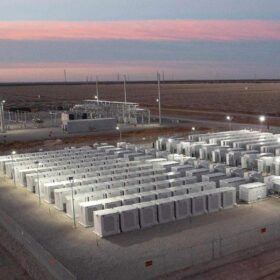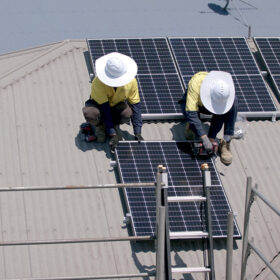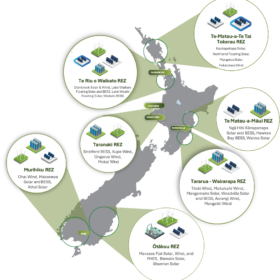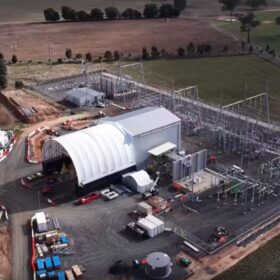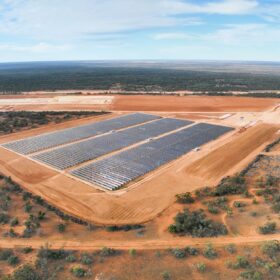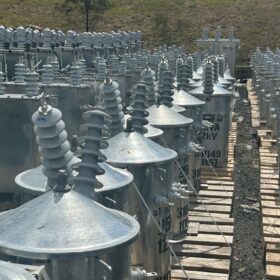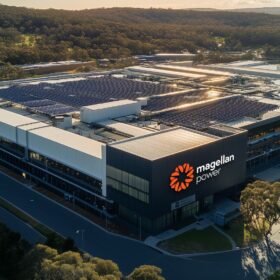JV partners give go-ahead for first stage of 400 MW NZ solar farm
Construction of one of New Zealand’s biggest solar farms has been given the green light with joint venture partners Meridian Energy and Nova Energy announcing they have reached final investment decision on the initial 200 MW stage of the planned 400 MW project.
Wholesale electricity market generation and storage CIS tenders now open
The federal government’s Capacity Investment Scheme Tenders 5 and 6 are open, seeking 1.6 GW of renewable energy generation and 2.4 GWh of dispatchable capacity for the Western Australia wholesale electricity market.
Renewable energy zone communities negatively impacted: report
The New South Wales Upper House’s first report on the impact of renewable energy zones on rural and regional communities has found residents in proximity to the Central-West Orana REZ have been negatively affected.
Novel MPPT technique for EV charging combined with PV, fuel cells
Scientists from India have designed a novel electric vehicle system with a reported efficiency of 98.7%, using PV panels, a proton-exchange membrane fuel cell, battery storage and supercapacitor, with hopes to expand the concept to renewable-energy-based DC microgrids with vehicle-to-grid (V2G) capability.
TagEnergy scoops multiple clean energy projects with ACE Power acquisition
Portugal-headquartered TagEnergy has acquired German-owned early-stage developer ACE Power, adding approximately 6 GW of battery, wind and solar projects to its already significant portfolio in Australia’s clean energy sector.
900 MWh project is first battery system approved under new clean energy Act
The Potentia Energy 900 MWh Emeroo battery energy storage system in South Australia is the first BESS to receive environmental approval under new hydrogren and renewable energy legislation.
Rooftop solar reshaping Australia’s energy mix
The rise of rooftop solar is rapidly reshaping Australia’s energy landscape with a new report revealing that PV systems mounted atop the nation’s buildings contributed 14.7% of the National Electricity Market’s total generation in the first quarter of 2025.
Pacific Channel fund to support 10 GW renewables portfolio in NZ
Venture capital outfit Pacific Channel has launched a new renewable energy development fund to accelerate the development of more than 10 GW of large-scale solar, wind and battery energy storage projects across New Zealand.
Victoria backs synchronous condenser to boost renewables
The Victorian government’s $480 million investment into strengthening the state’s energy grid is closing on another milestone with the installation of Australia’s largest synchronous condenser nearing completion.
Pacific flicks switch on off-grid solar, battery system
Western Australian renewables infrastructure provider Pacific Energy has flicked the switch on a 26 MW hybrid energy power system that includes the first off-grid solar farm to supply power to a mine site in New South Wales.
